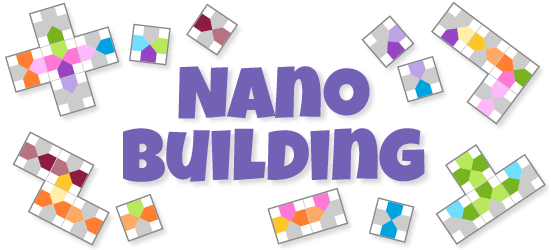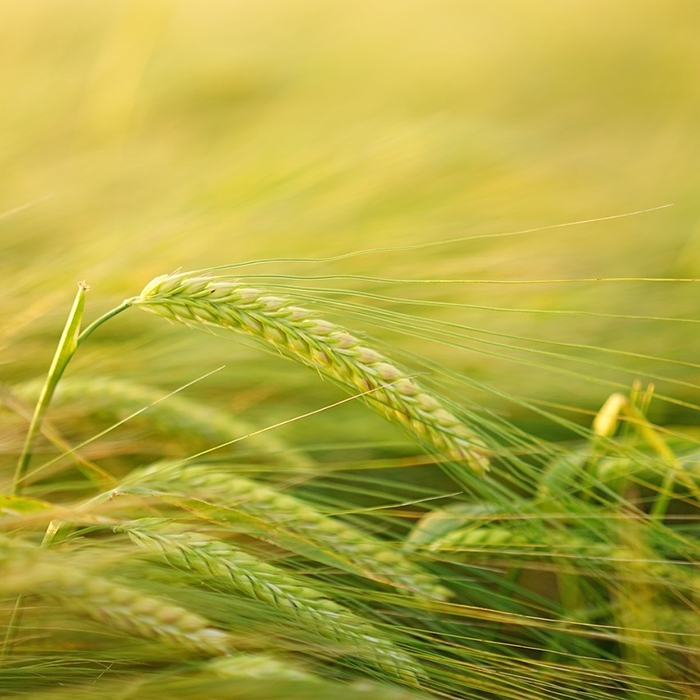
If you wanted to build a specific molecule, at a scale that is far too small to see, how might you go about it? Learn the basics of building molecules at a nano scale.
In this game, instead of molecules, you use colored blocks that work in a predictable way to build specific shapes. Once you know the basics, you are probably ready to start thinking about how molecules of known shapes can be used to build molecular machines or containers.
Ready to play? Get started Nano Building.
Want to Learn more about building with molecules? Visit Nature's Tiny Machines.
View Citation
Bibliographic details:
- Article: Nano Building
- Author(s): Dr. Biology
- Publisher: Arizona State University School of Life Sciences Ask A Biologist
- Site name: ASU - Ask A Biologist
- Date published: January 5, 2021
- Date accessed: January 13, 2025
- Link: https://askabiologist.asu.edu/games-and-simulations/nano-building-game
APA Style
Dr. Biology. (2021, January 05). Nano Building. ASU - Ask A Biologist. Retrieved January 13, 2025 from https://askabiologist.asu.edu/games-and-simulations/nano-building-game
Chicago Manual of Style
Dr. Biology. "Nano Building". ASU - Ask A Biologist. 05 January, 2021. https://askabiologist.asu.edu/games-and-simulations/nano-building-game
Dr. Biology. "Nano Building". ASU - Ask A Biologist. 05 Jan 2021. ASU - Ask A Biologist, Web. 13 Jan 2025. https://askabiologist.asu.edu/games-and-simulations/nano-building-game
MLA 2017 Style
Be Part of
Ask A Biologist
By volunteering, or simply sending us feedback on the site. Scientists, teachers, writers, illustrators, and translators are all important to the program. If you are interested in helping with the website we have a Volunteers page to get the process started.







